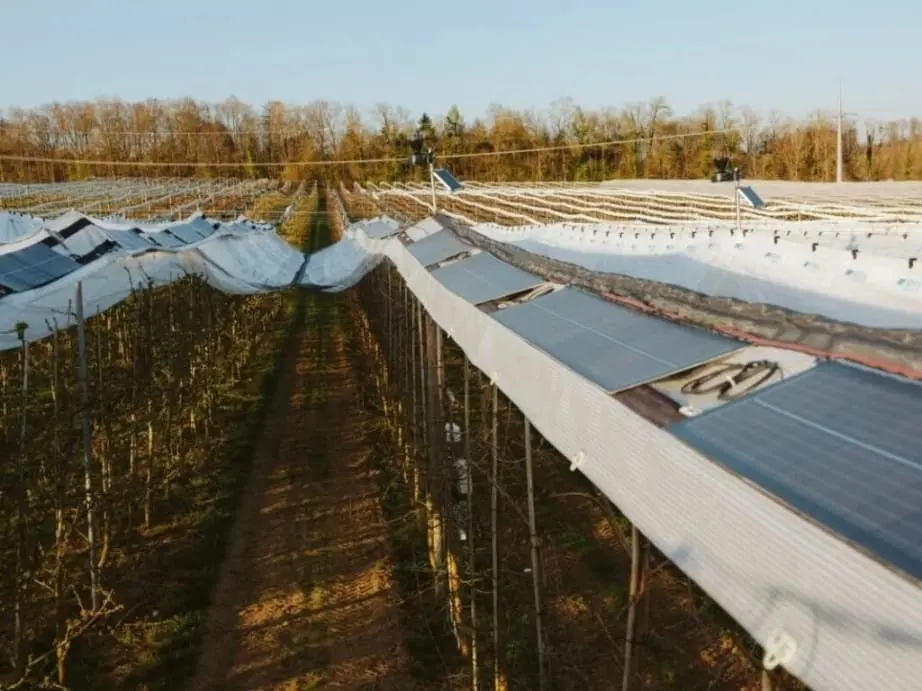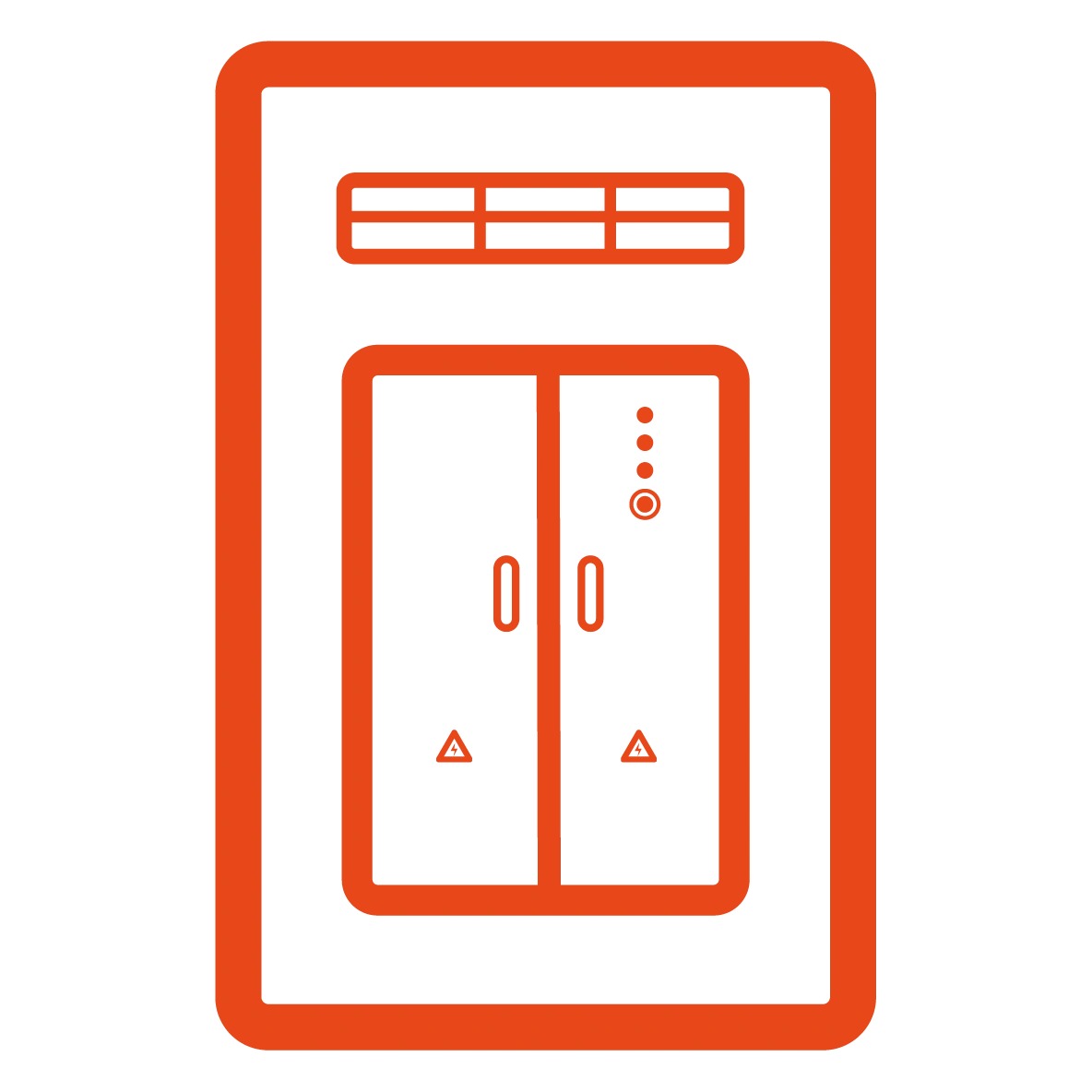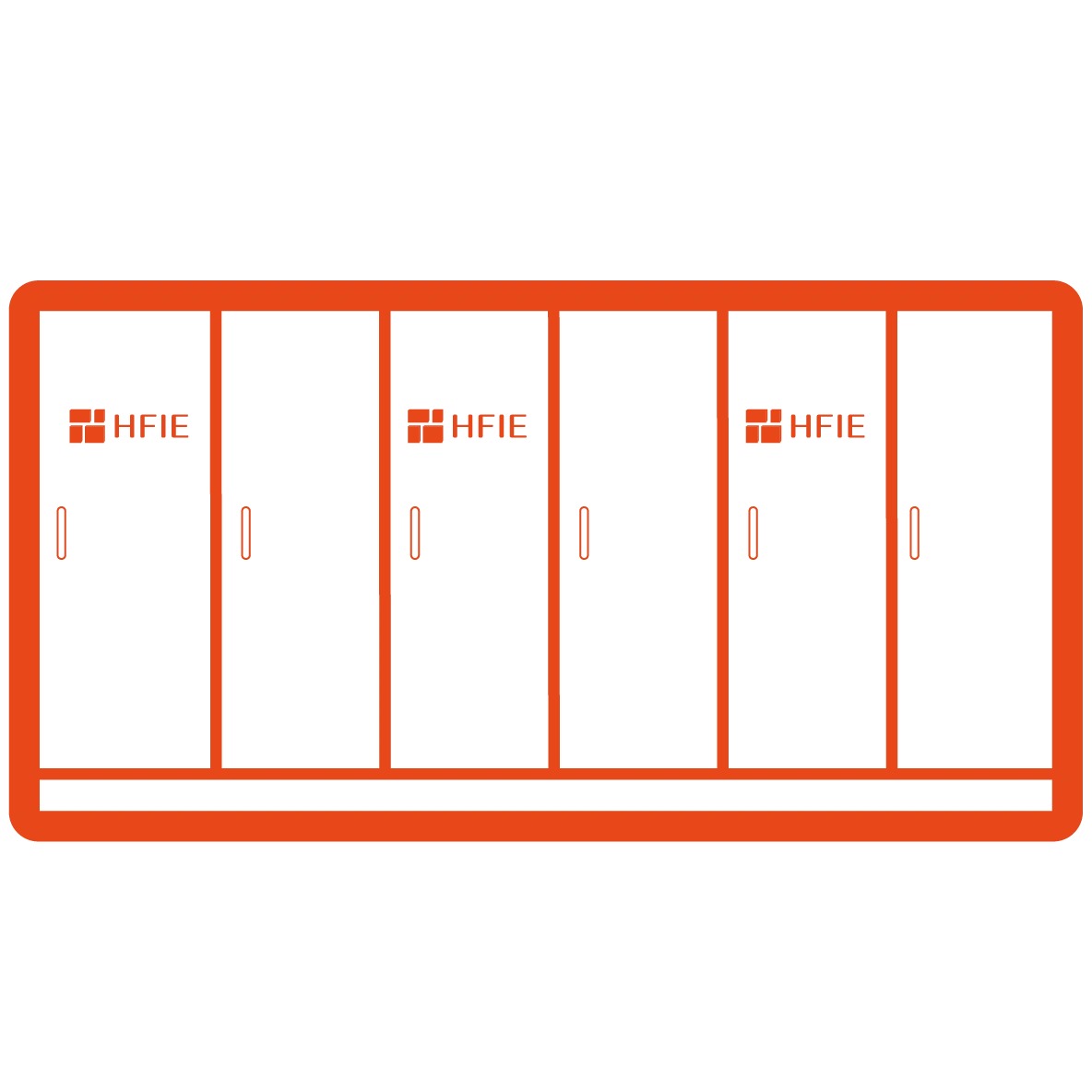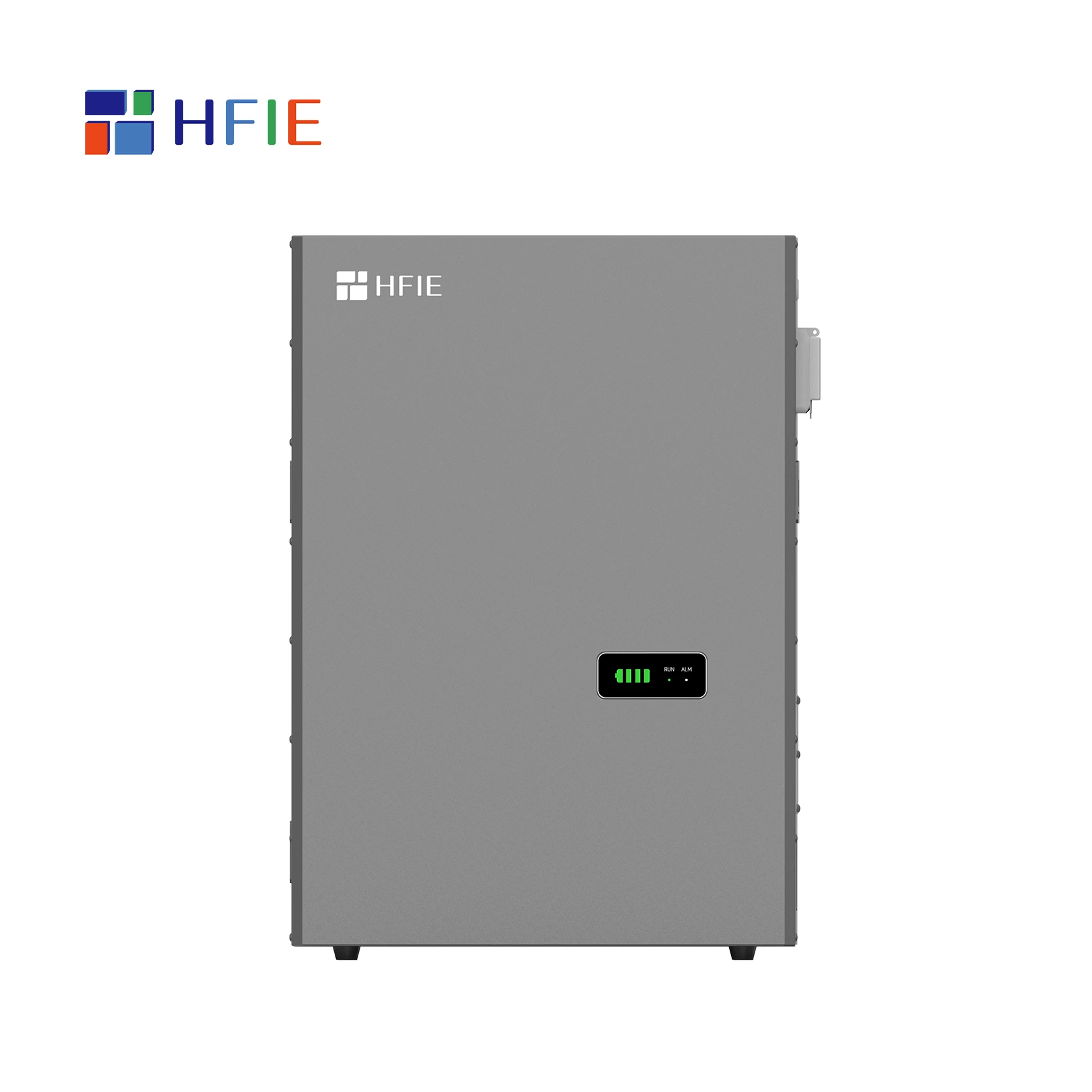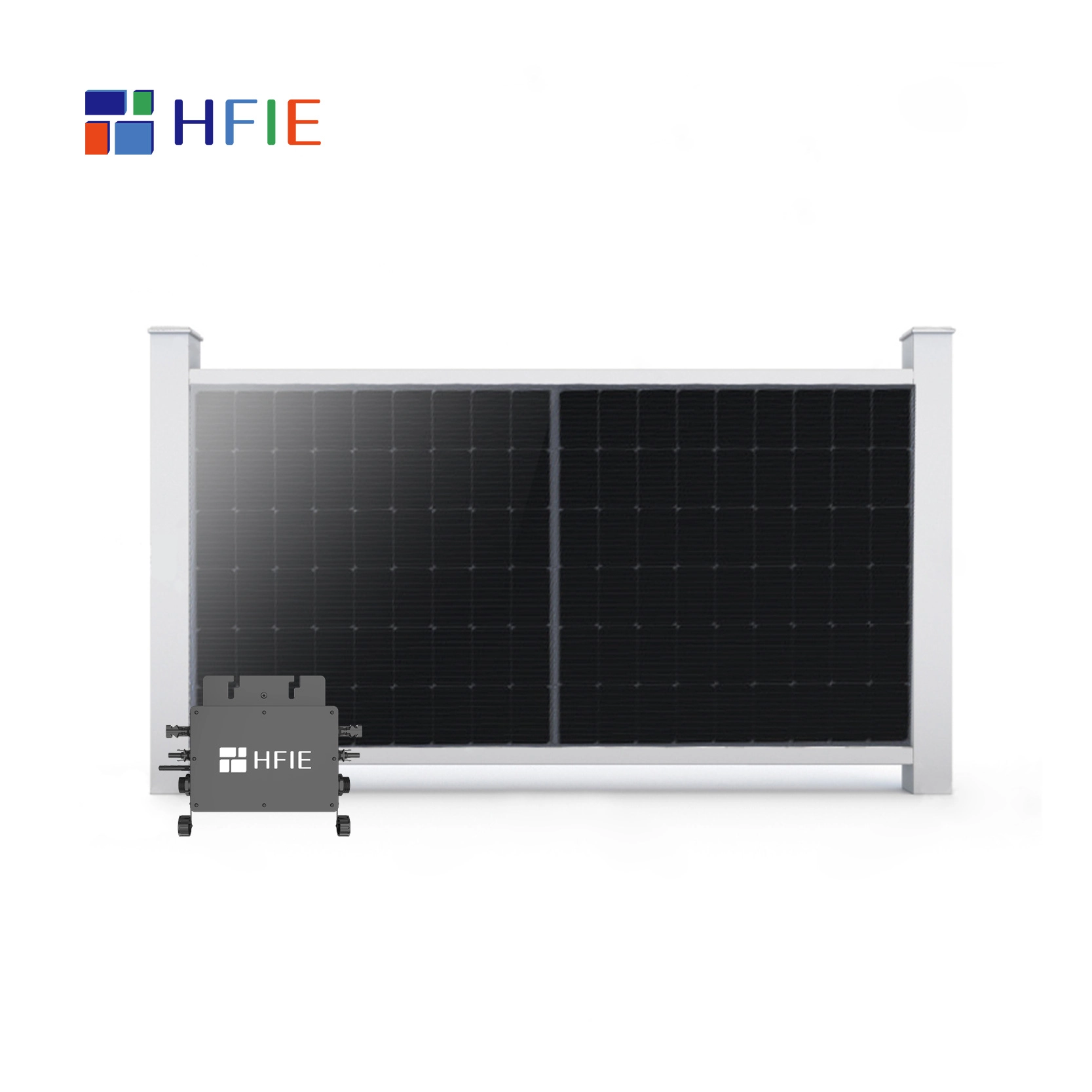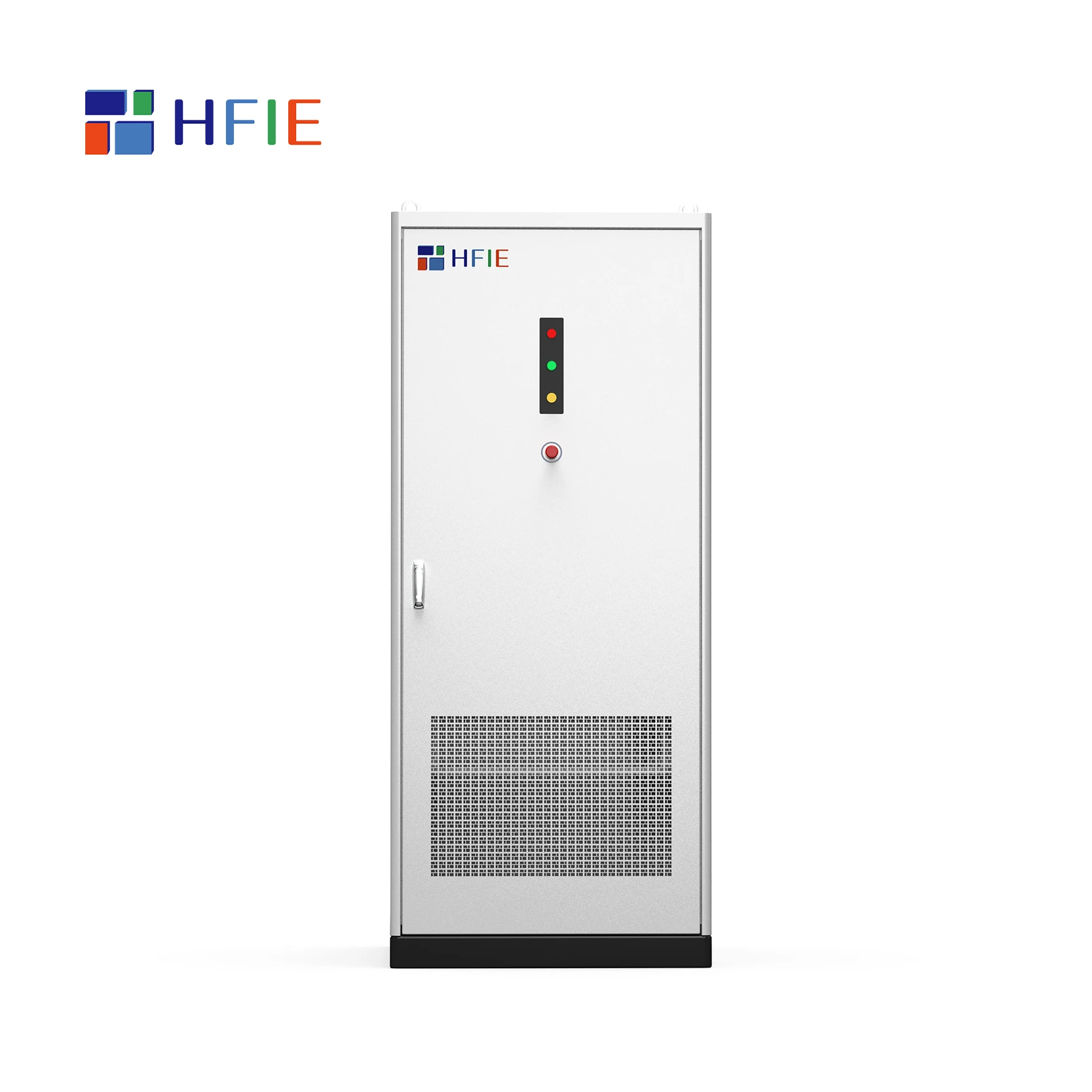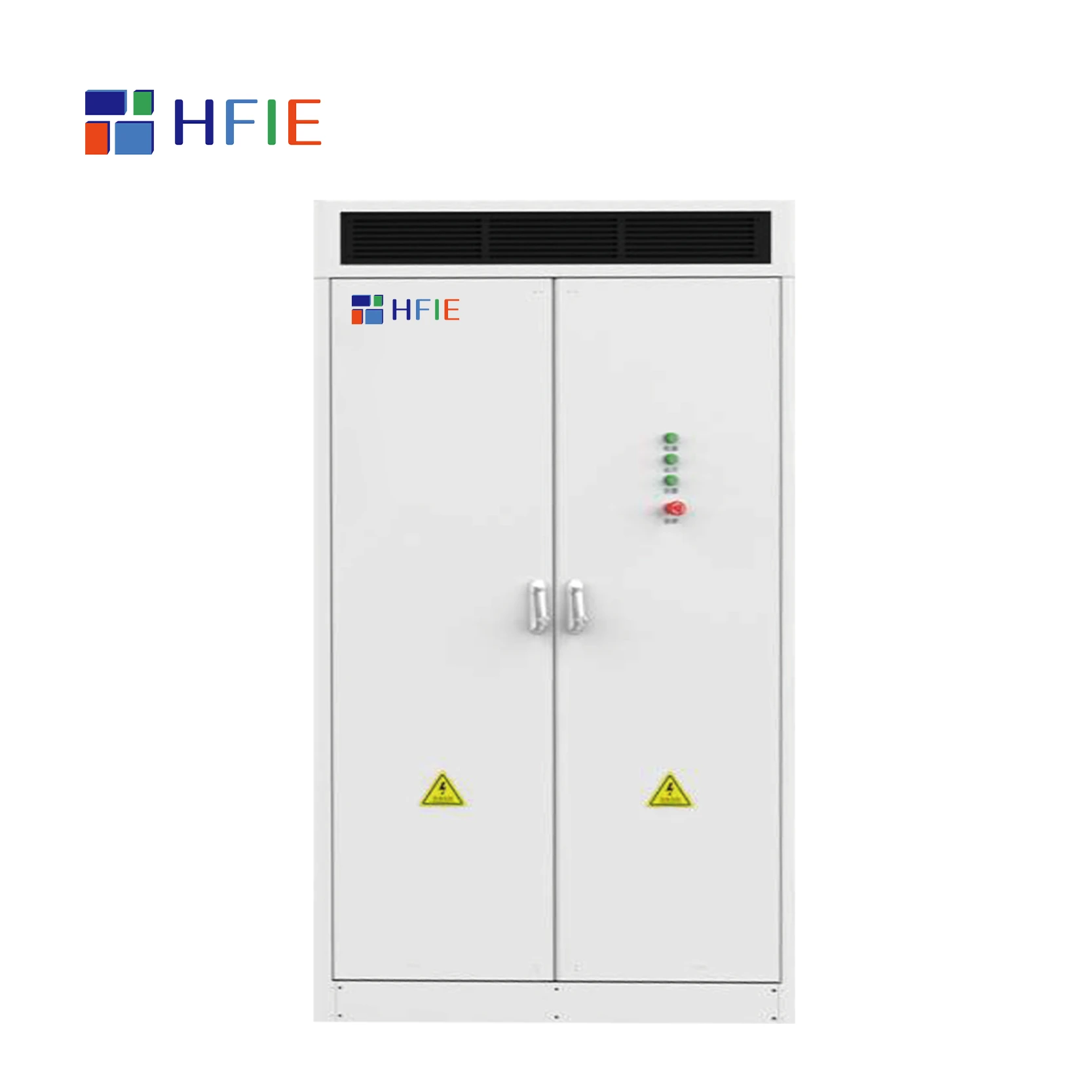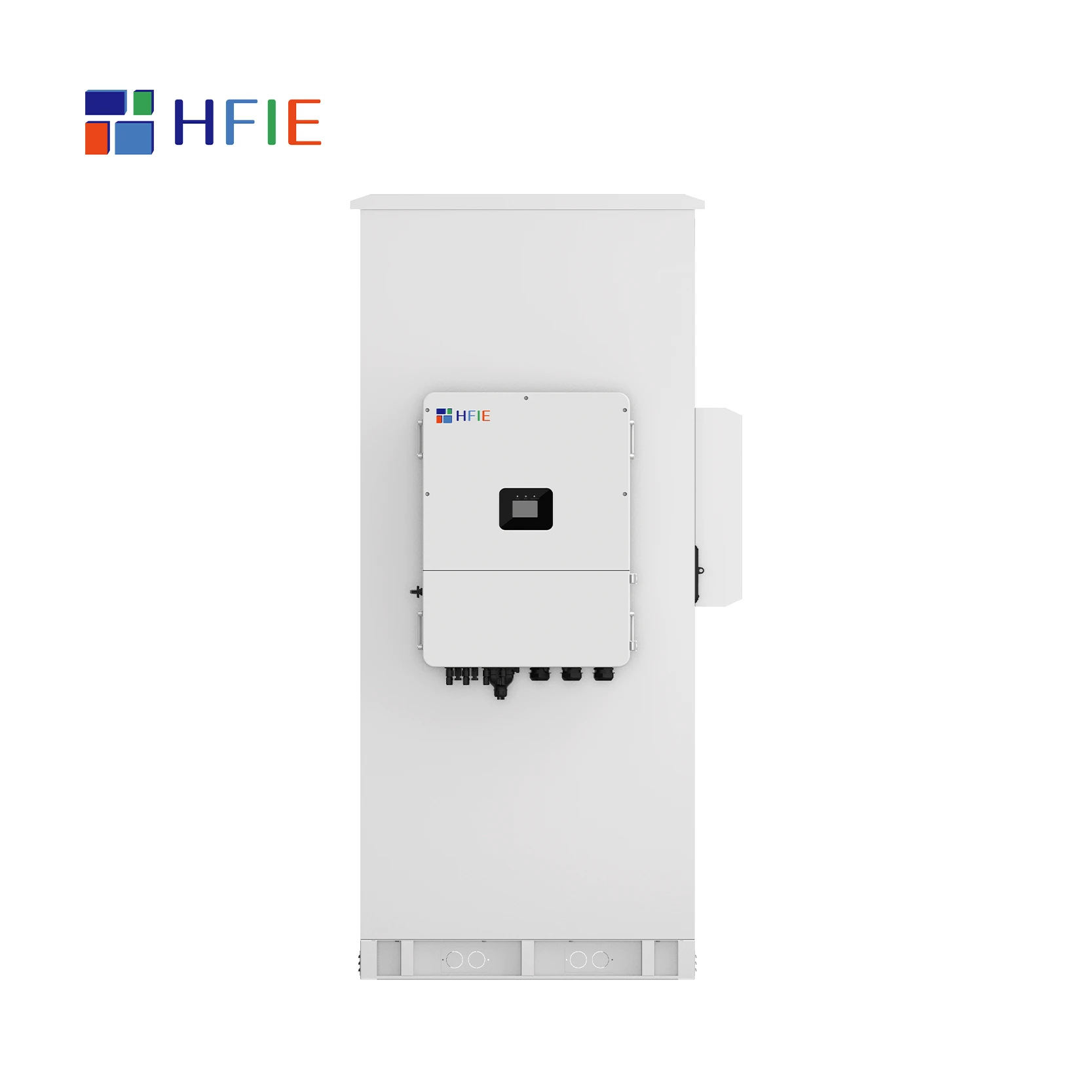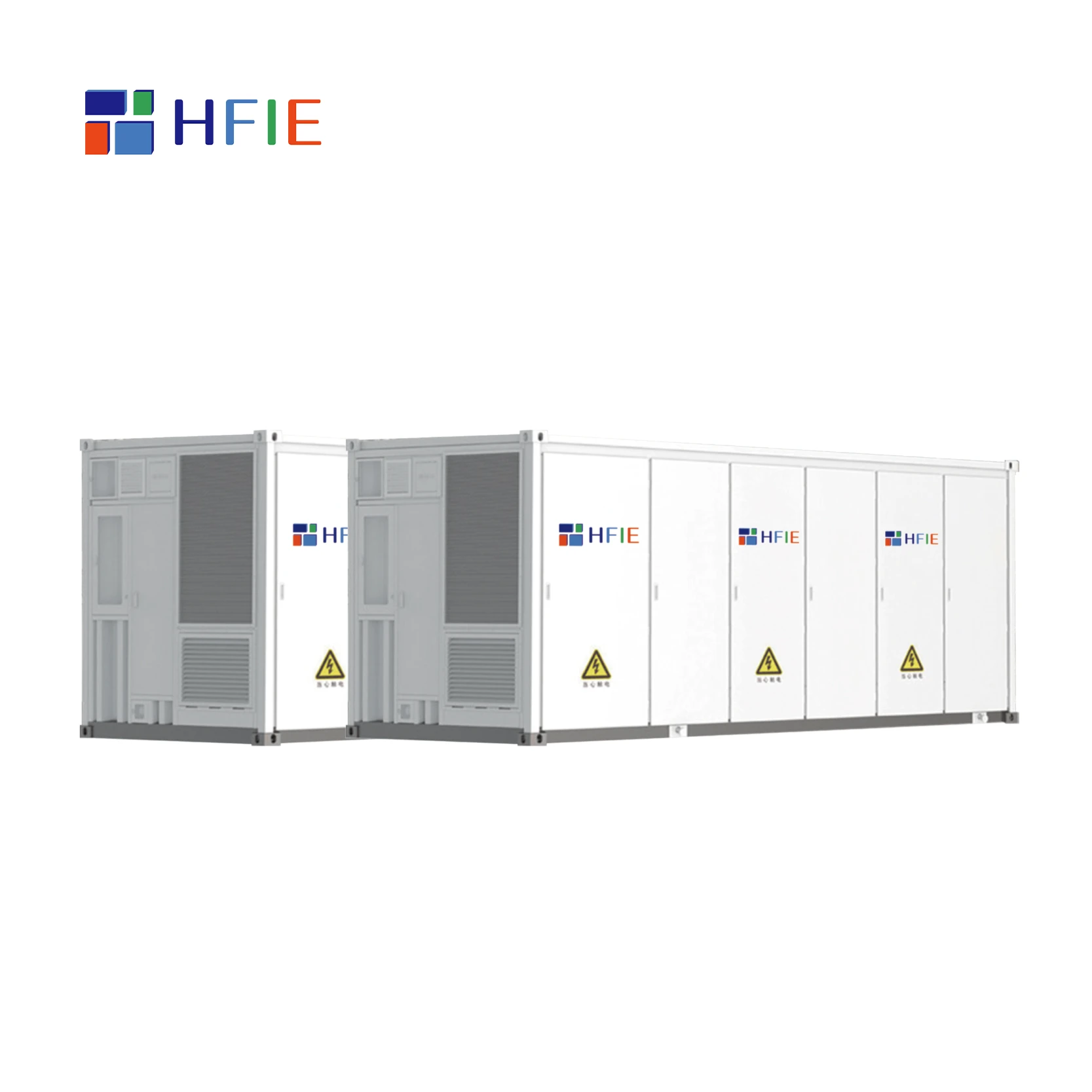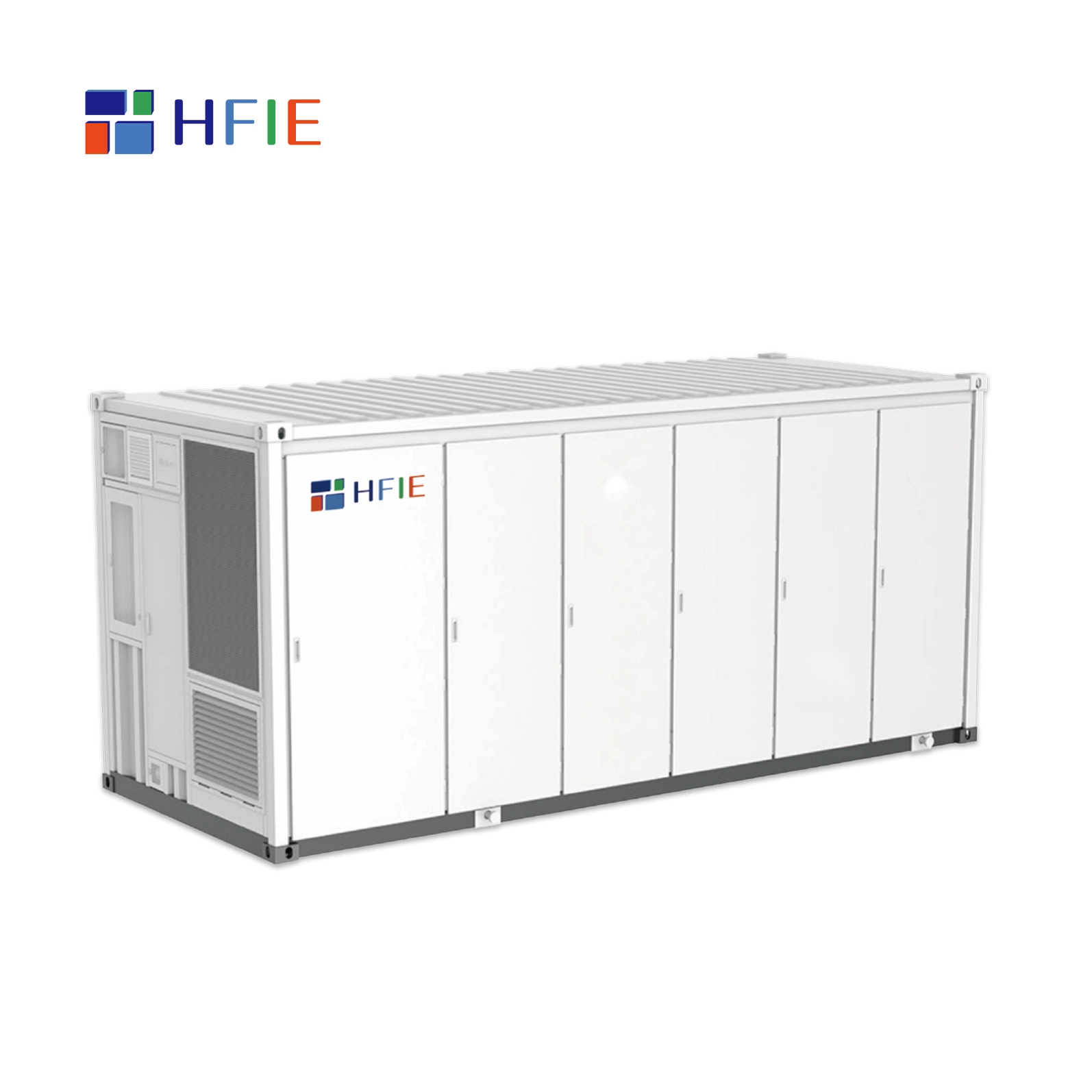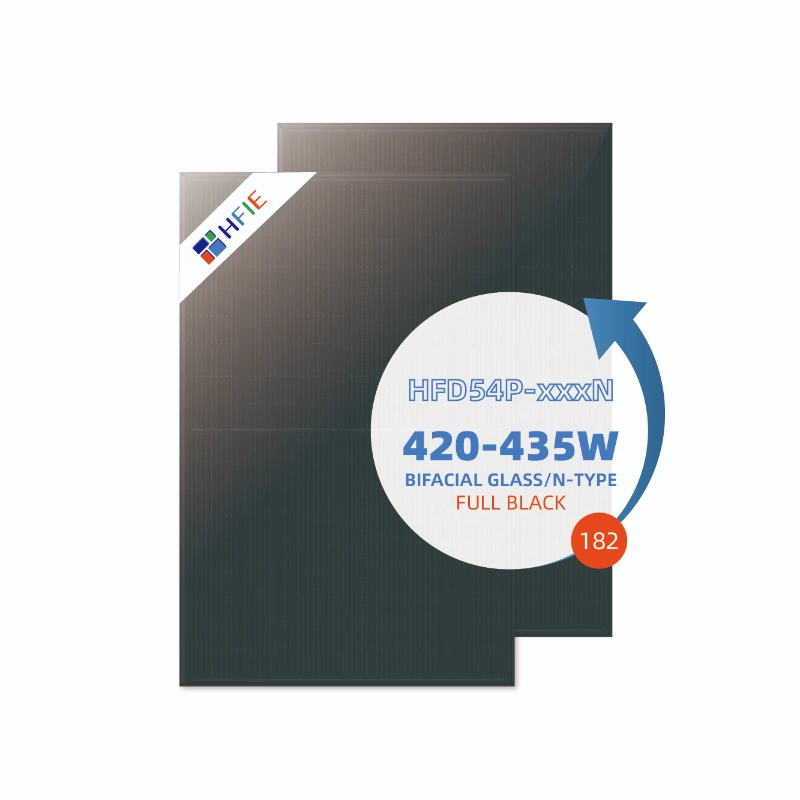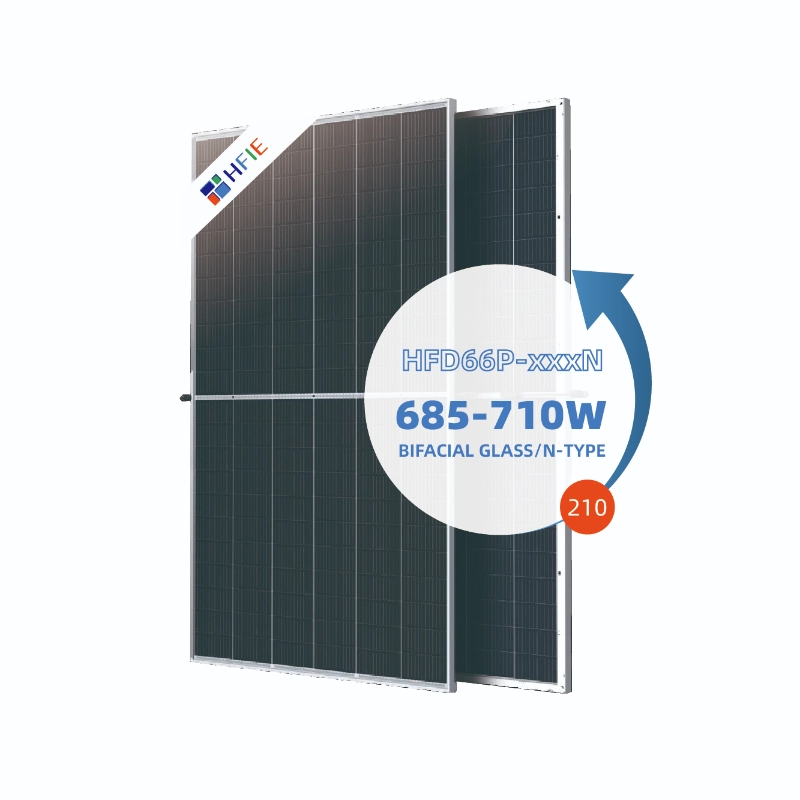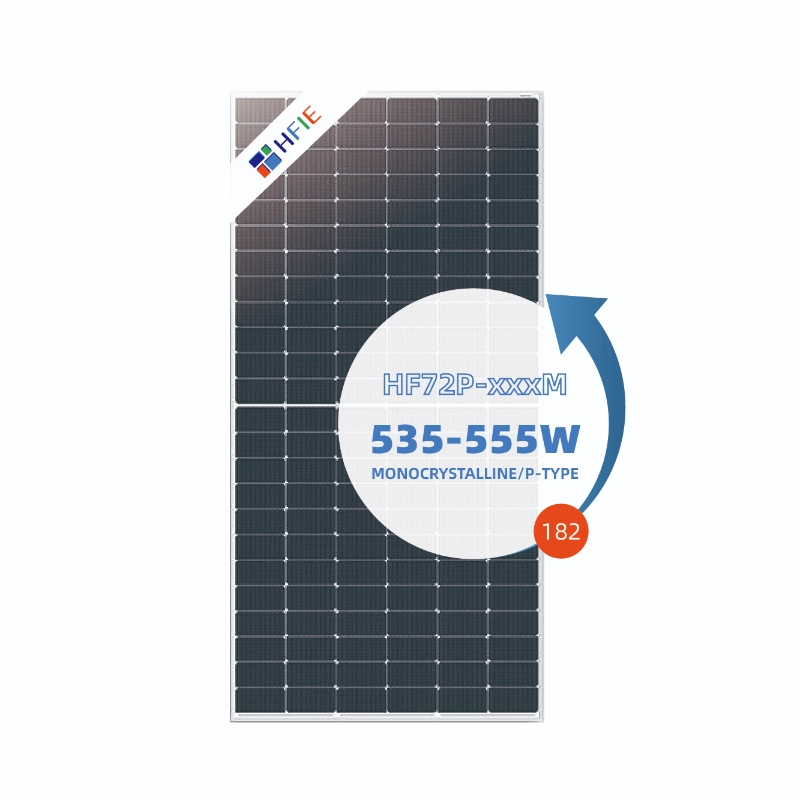As the global demand for energy transition and agricultural modernization grows, the application of solar energy storage technology in agriculture has become a major focus. Solar energy is not only a clean and renewable energy source but, when combined with storage technology, can provide a stable energy supply, offering new power for agricultural production. This integration, particularly in the field of agrivoltaics (agriPV), shows enormous potential. Recent research and technological advances, such as the lightweight photovoltaic modules developed by Fraunhofer Institute for Solar Energy Systems (ISE) and weather protection provider VOEN, mark a new phase for the application of solar energy storage in agriculture.
Agriculture Solar Energy Storage Importance
Agriculture is an industry highly dependent on weather and environmental factors, and issues such as climate change, energy shortages, and rising energy costs are presenting significant challenges to traditional agricultural production. In particular, in terms of electricity supply, agriculture often relies on traditional energy models, which results in high energy consumption, low efficiency, and significant environmental impact. Solar energy, as a clean, environmentally friendly, and abundant energy source, has become a key solution to this problem. By installing solar panels in fields, greenhouses, and other agricultural settings and integrating storage systems, energy self-sufficiency in farms can be significantly improved, reducing dependence on external energy sources.
Prospects of Agrivoltaics (AgriPV) Applications
Agrivoltaics is an innovative approach that combines solar photovoltaic technology with agricultural production. By installing solar panels above crops or on the roofs of agricultural buildings, it is possible not only to provide clean electricity for the farm but also to offer some protection to crops through shading, reducing the impact of extreme weather such as high temperatures and heavy rain. This “win-win” model improves energy efficiency in agriculture while promoting sustainable development.
The lightweight agrivoltaic modules developed by Fraunhofer ISE and VOEN are a breakthrough innovation in this field. These modules are designed with the needs of agricultural environments in mind, focusing on being lightweight and easy to install, making them particularly suitable for scenarios like fruit tree cultivation, which requires weather protection systems. A pilot system was implemented in April 2025 at a cherry farm in southern Germany, successfully installing photovoltaic modules and demonstrating the feasibility of this technology in real agricultural production.
Solar Energy Storage For Agriculture
Integrating solar energy storage with agrivoltaic systems can further enhance energy autonomy and stability in agricultural production. Solar energy storage systems store excess electricity generated during the day, ensuring a continuous power supply to agricultural facilities (such as greenhouses, irrigation systems, and agricultural machinery) during the night or on cloudy days when sunlight is insufficient. This system is especially useful in regions with limited grid coverage or unstable power supply, helping farmers address electricity challenges, reduce dependence on fossil fuels, and lower operating costs.
In addition, solar energy storage can be used for power balancing and regulation. For example, in fruit tree cultivation, solar energy storage systems can provide stable electricity for climate control systems in greenhouses, avoiding reliance on the external power grid and minimizing the impact of power supply interruptions on crop growth.
Smart Agriculture and Green Development
The application of solar energy storage in agriculture is gradually becoming a vital force in promoting the smart, green, and sustainable development of agriculture. As technology continues to evolve, future agrivoltaic systems will not be limited to the function of electricity supply alone. They are likely to integrate deeply with agricultural IoT, climate prediction systems, precision agriculture technologies, and more, enabling smart agricultural management.
For instance, by combining solar energy storage with intelligent climate regulation systems, farmers can more precisely control the climate conditions in greenhouses, maximizing crop growth efficiency. Additionally, by integrating big data analysis with smart solar panel optimization, solar energy resources can be utilized more efficiently, minimizing energy waste.
In conclusion, the combination of solar energy storage with agrivoltaic technology not only provides clean and sustainable energy for agriculture but also brings new development opportunities to agricultural production. The development of this field will help improve agricultural efficiency, reduce production costs, and promote the green transformation and sustainable development of agriculture globally.
